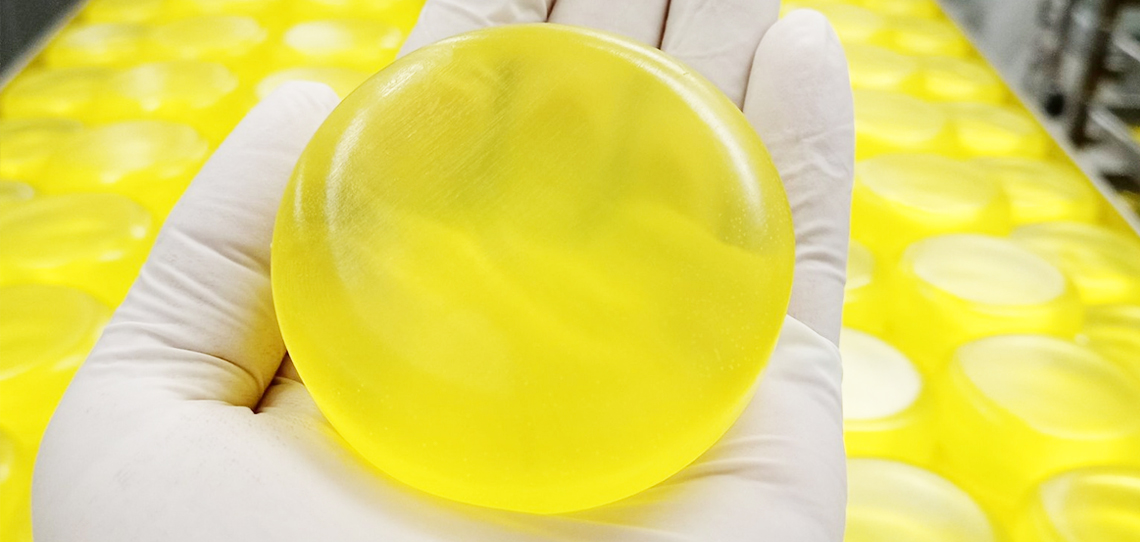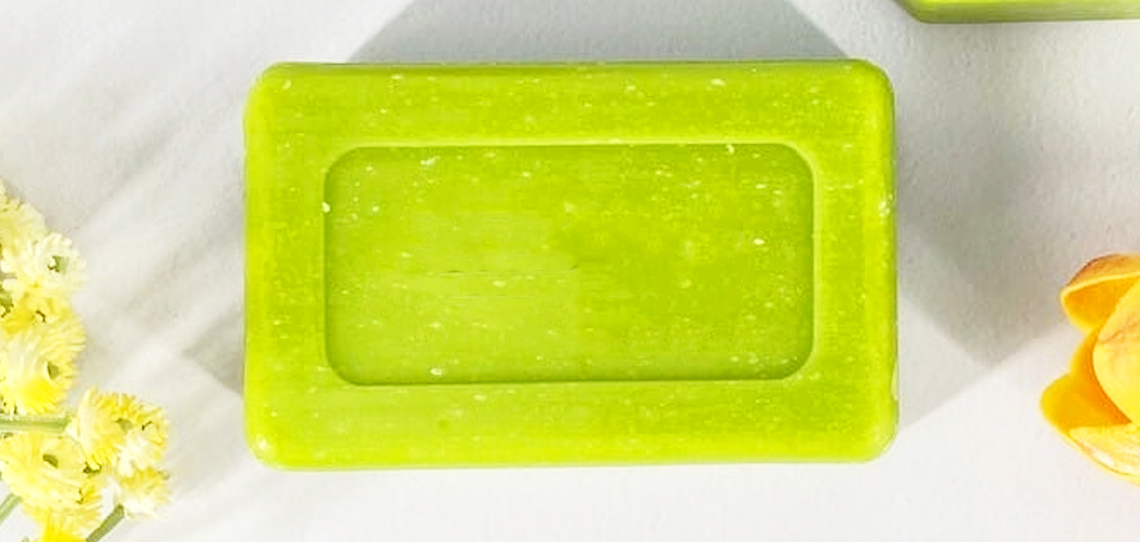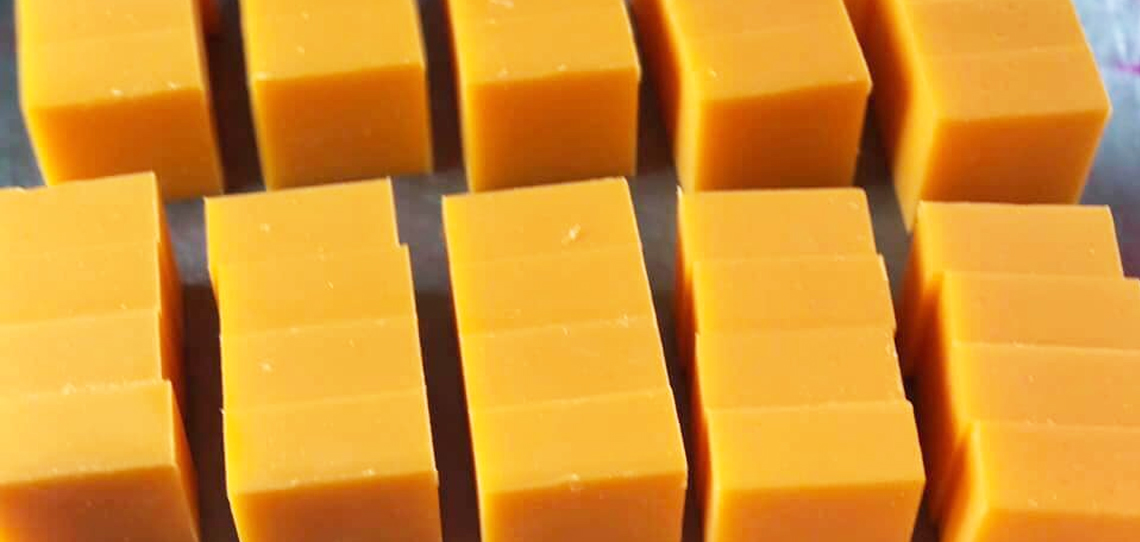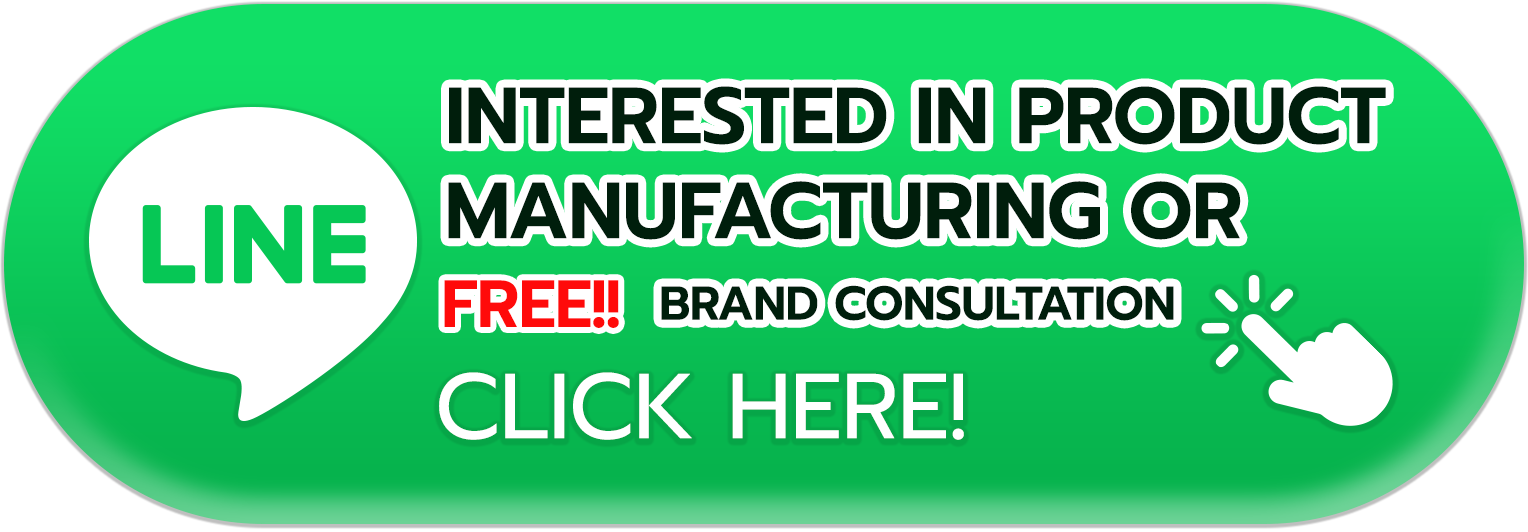How Many Types of Bar Soap Are There? Key Considerations Before Starting a Soap Brand
Last updated: 20 May 2025
1048 Views

How Many Types of Bar Soap Are There?
Soap is a daily essential that everyone is familiar with, yet many may not realize that there are various types of soap. Each type has distinct properties and manufacturing methods. In this article, well discuss 3 popular types of soapGlycerin Soap, Oil-Based Soap, and Industrial Soapalong with their advantages, uses, and considerations to help you choose the best soap for your skin needs.
1.Glycerin Soap
Glycerin soap is made by combining glycerin, a natural byproduct of soap-making, which is known for its moisturizing properties. This type of soap is gentle on the skin, making it an ideal choice for those with dry or sensitive skin. Glycerin soap draws moisture from the air, helping to keep the skin hydrated and soft even with long-term use.

Advantages of Glycerin Soap:
-
Ideal for Dry Skin: Glycerin helps to keep the skin moisturized, preventing the tight, dry feeling that some soaps can cause.
-
Non-Irritating: Its gentle formula is perfect for sensitive skin, including skin prone to irritation or allergies.
-
Softens Skin: With its ability to maintain moisture, glycerin soap leaves your skin feeling soft and smooth after use.
Disadvantages of Glycerin Soap:
-
Low Lather: Glycerin soap typically produces less foam than other soap types, which might not appeal to those who prefer a rich lather.
-
Storage Challenges: Due to its high moisture content, glycerin soap can melt or leave water stains if not stored properly.
-
Higher Price: The quality ingredients and the careful manufacturing process often make glycerin soap more expensive than standard soaps.
2.Oil-Based Soap
Oil-based soap uses natural oils like olive oil, coconut oil, or avocado oil as its main ingredients. These oils offer excellent moisturizing properties and are known for promoting healthy, glowing skin. Oil-based soaps typically produce a stable, creamy lather and are widely used in products aimed at nourishing and rejuvenating the skin.

Advantages of Oil-Based Soap:
-
Moisturizing: Natural oils help hydrate the skin, keeping it soft and preventing dryness.
-
Great for Dry to Normal Skin: Oil-based soap is ideal for restoring moisture to dry skin, especially in colder months.
-
Reduces Irritation: Due to its natural ingredients, oil-based soap is gentle and safe for those with sensitive skin.
Disadvantages of Oil-Based Soap:
-
May Cause Oily Skin: If you have oily or acne-prone skin, using oil-based soap may exacerbate these conditions.
-
Expensive: High-quality oils like olive oil and coconut oil can increase the cost of these soaps.
-
Low Foam: Similar to glycerin soap, some oil-based soaps may not lather as much as commercial soaps, which may not be preferred by all users.
3.Industrial Soap
Industrial soap is mass-produced in large quantities using standardized methods and ingredients. It is designed for affordability and durability, making it a popular choice for businesses such as hotels, hospitals, and other establishments that require soap in bulk.

Advantages of Industrial Soap:
-
Cost-Effective: Produced in large batches, industrial soap is more affordable and ideal for high-usage environments.
-
Durable Quality: Despite being mass-produced, it is generally reliable and long-lasting.
-
Available in Bulk: Industrial soap can be purchased in large quantities at a lower cost, making it perfect for commercial use.
Disadvantages of Industrial Soap:
-
Chemical Additives: Some industrial soaps contain harsh chemicals that can dry out or irritate the skin, especially if not carefully regulated.
-
May Dry Out Skin: Because these soaps dont focus on skin care, prolonged use can lead to dryness and skin damage.
-
Artificial Fragrances and Colors: Many industrial soaps contain synthetic fragrances or dyes that may not be suitable for sensitive or allergy-prone skin.
How to Choose the Right Soap for Your Skin
Selecting the right soap depends on your skin type and specific needs. If you have dry or sensitive skin, glycerin or oil-based soap may be ideal for providing moisture and nourishment. Industrial soaps are perfect for commercial environments where large quantities are needed, but they may not offer the same skin benefits. Be sure to choose a soap that matches your skins needs to ensure optimal results.
Starting Your Own Soap Brand
If you are considering creating your own soap brand or need product samples, feel Free to consult with our team for free guidance. We have a dedicated R&D team to help you from start to finish. Our factory meets GHPs and FDA standards, and we offer production runs starting from just 100 pieces!
Check out the soap formulas we offer for production >> Click here <<

♥ Start Your Brand Start With Amabelle ~
Line Official : @amabelle
Tiktok Official : @amabelle.oem
Facebook : Amabelle รับผลิตเครื่องสำอาง รับสร้างแบรนด์ครบวงจร
Related Content
In 2026, skincare trends no longer focus solely on “fair skin” or “instant results.” Instead, consumers are placing greater importance on long-term skin health, safety, and products that are truly suitable for their individual skin types.
Many people dream of starting their own business, especially in the skincare industry. Soap is one of the best-selling and timeless products. However, a common question is: Does starting a soap brand require a big investment? The truth is, launching a soap brand doesn’t necessarily require a huge budget—contrary to what many might think.
Can coconut water help reduce swelling? Discover how its potassium and natural electrolytes support fluid balance and relieve puffiness safely.
 Kevin @Amabelle
Kevin @Amabelle


